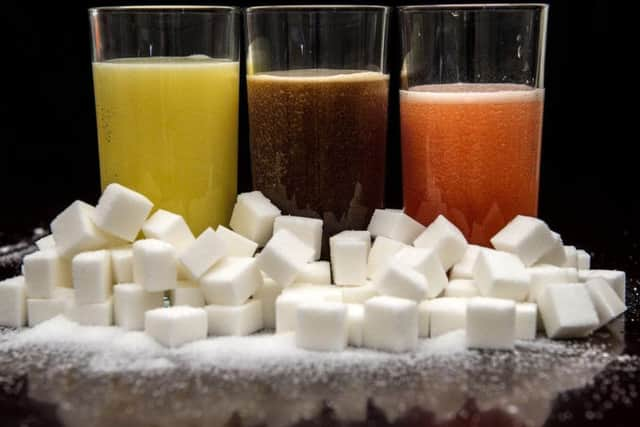Food industry fails to meet five per cent sugar reduction target
The Government is facing calls for tighter regulation of food companies after the publication of a report by Public Health England (PHE) on sugar reduction showed mixed results.
Retailers, manufacturers, restaurants, cafes and pub chains were told to cut five per cent of sugar by August 2017.
Advertisement
Hide AdAdvertisement
Hide AdThe PHE report found that for retailers’ own brand and manufacturer branded products, there has been a two per cent reduction in total sugar per 100g.


The target was set in a bid to tackle the UK’s childhood obesity crisis, with an aim to cut 20 per cent of sugar from a range of products by 2020.
A third of children are overweight or obese by the time they leave primary school, according to official figures.
As part of the programme, businesses were asked to focus on their top selling products that contribute the most sugar to the diets of children.
Advertisement
Hide AdAdvertisement
Hide AdPHE found that that had been an "encouraging" initial start by retailers and manufacturers in cutting sugar content. Yoghurts and fromage frais, breakfast cereals and sweet spreads and sauces all met or exceeded the initial five per cent sugar reduction ambition.
Duncan Selbie, Chief Executive at PHE, said: "We have seen some of the food industry make good progress, and they should be commended for this. We also know that further progress is in the pipeline.
"However, tackling the obesity crisis needs the whole food industry to step up, in particular, those businesses that have as yet taken little or no action."
Professor Dame Parveen Kumar, of the British Medical Association (BMA) said: “What this proves is that relying on manufacturers to voluntarily reduce the amount of sugar in their products is a false economy, and change will only come through a mandatory approach backed up by regulation.
Advertisement
Hide AdAdvertisement
Hide Ad“With the UK displaying the highest levels of obesity in western Europe, with one in three children overweight or obese by the time they leave primary school, the government should do everything in its power to tackle this issue, and must think long and hard about making reformulating unhealthy food mandatory.”
PHE has also published new guidelines for the drinks industry to reduce the amount of sugar children consume through juice and milk-based drinks.
By mid-2021, the drinks industry is encouraged to reduce sugar in juice drinks by 5 per cent and in milk drinks by 20 per cent. It also recommended calorie caps for drinks that are likely to be consumed in one go.